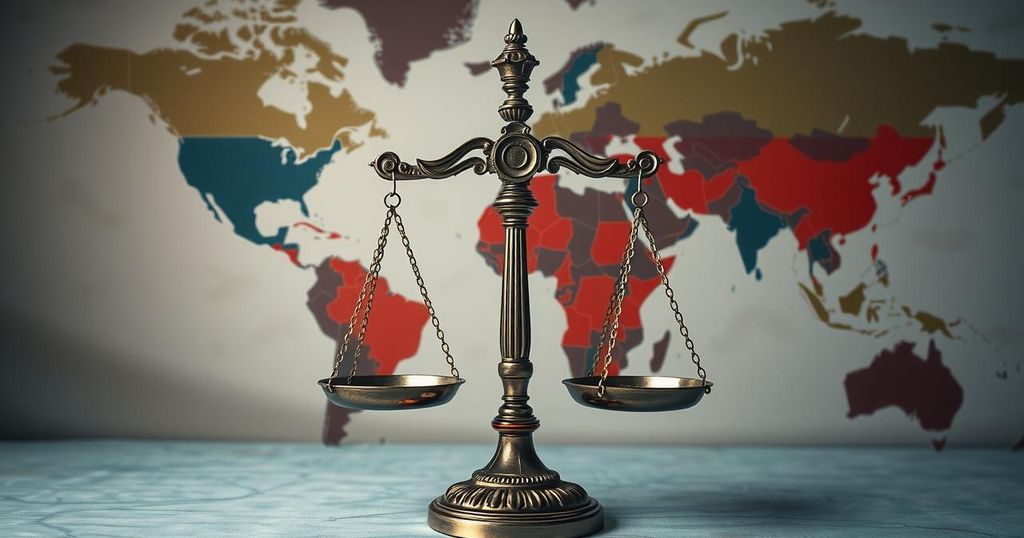Ecuador’s Election Results Signal Challenges for U.S. Policy

The recent election results in Ecuador pose significant challenges for the United States, as leftist candidate Luisa Gonzalez closely trails Daniel Noboa. Correa’s party, if victorious, could shift Ecuador’s policies leftward, straining U.S. relations and regional stability. Noboa must address critical issues like violence and energy shortages while securing voter support to prevent Gonzalez from winning the upcoming runoff election.
The recent elections in Ecuador signal troubling news for the United States and democracy in Latin America, as the leftist populist party connected to former President Rafael Correa has emerged stronger than anticipated. With a significant chance to win the upcoming runoff on April 13, the election results mark a critical point for U.S. interests in the region.
Center-right candidate Daniel Noboa was believed to have a substantial lead, but he received only 44.2% of the vote, closely trailing leftist candidate Luisa Gonzalez, who garnered 43.9%. The third candidate, Leonidas Iza from the leftist Pachakutik party, secured 5.3% of the votes, indicating that the Pachakutik’s support will be vital in the runoff election.
The stakes are high for the Trump administration, as a Correa-led government would likely realign Ecuador with leftist ideological factions. Gonzalez is known to be a strong supporter of Correa’s policies and may align closely with the BRICS nations led by China and Russia.
Former President Correa, who governed from 2007 to 2017, has a history of antagonism towards the United States, stemming from his family’s struggles, including his father’s imprisonment on drug trafficking charges. Correa’s presidency was marked by contentious policies, such as the closure of the U.S. anti-narcotics base in Manta and controversial immigration laws aiding criminal elements.
Political analyst Santiago Basabe indicates that Gonzalez has a favorable position for the runoff, as the combined votes of Noboa and Gonzalez accounted for almost 90% in the first round. The support from Pachakutik, which attracted over 5%, is expected to favor Gonzalez in the upcoming vote.
Consultant Jaime Durán Barba expresses surprise over Noboa’s narrower victory than anticipated but remains hopeful for his re-election due to the diverse perspectives within Pachakutik’s voter base. He believes many indigenous voters disapprove of Correa, suggesting Noboa may still have a chance to win their support.
Going forward, President Noboa’s primary challenges will be addressing escalating drug-related violence and energy shortages, major concerns for voters amid an alarming rise in homicides. To regain public confidence, he must engage with indigenous constituents, enact decisive measures against violence, and secure diplomatic backing from allied nations.
If Correa’s candidate emerges victorious, the potential ramifications for U.S. policy will be significant, driving Ecuador towards increased instability. Many voters remember Correa’s previous economic successes amidst high oil prices, yet fail to recognize the long-term consequences of his administration’s fiscal mismanagement and corruption.
The Ecuadorian elections are a pivotal juncture that could lead to a significant leftward shift in the nation’s policies, particularly if Luisa Gonzalez, a candidate linked to former President Rafael Correa, secures victory in the runoff. The outcome poses substantial challenges for the United States, potentially heightening tensions in the region and altering diplomatic relations. Noboa’s administration faces an urgent imperative to address pressing national issues while courting essential voter demographics to avert a crisis that could destabilize the country further.
Original Source: buenosairesherald.com







